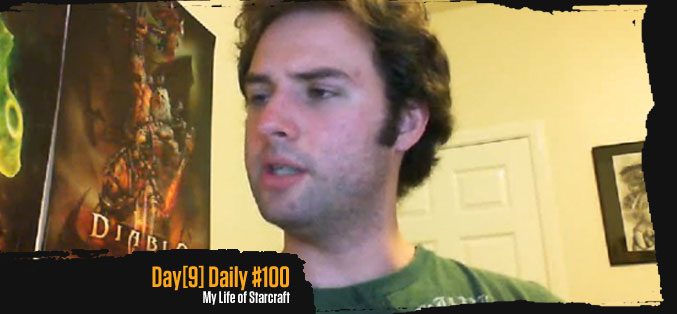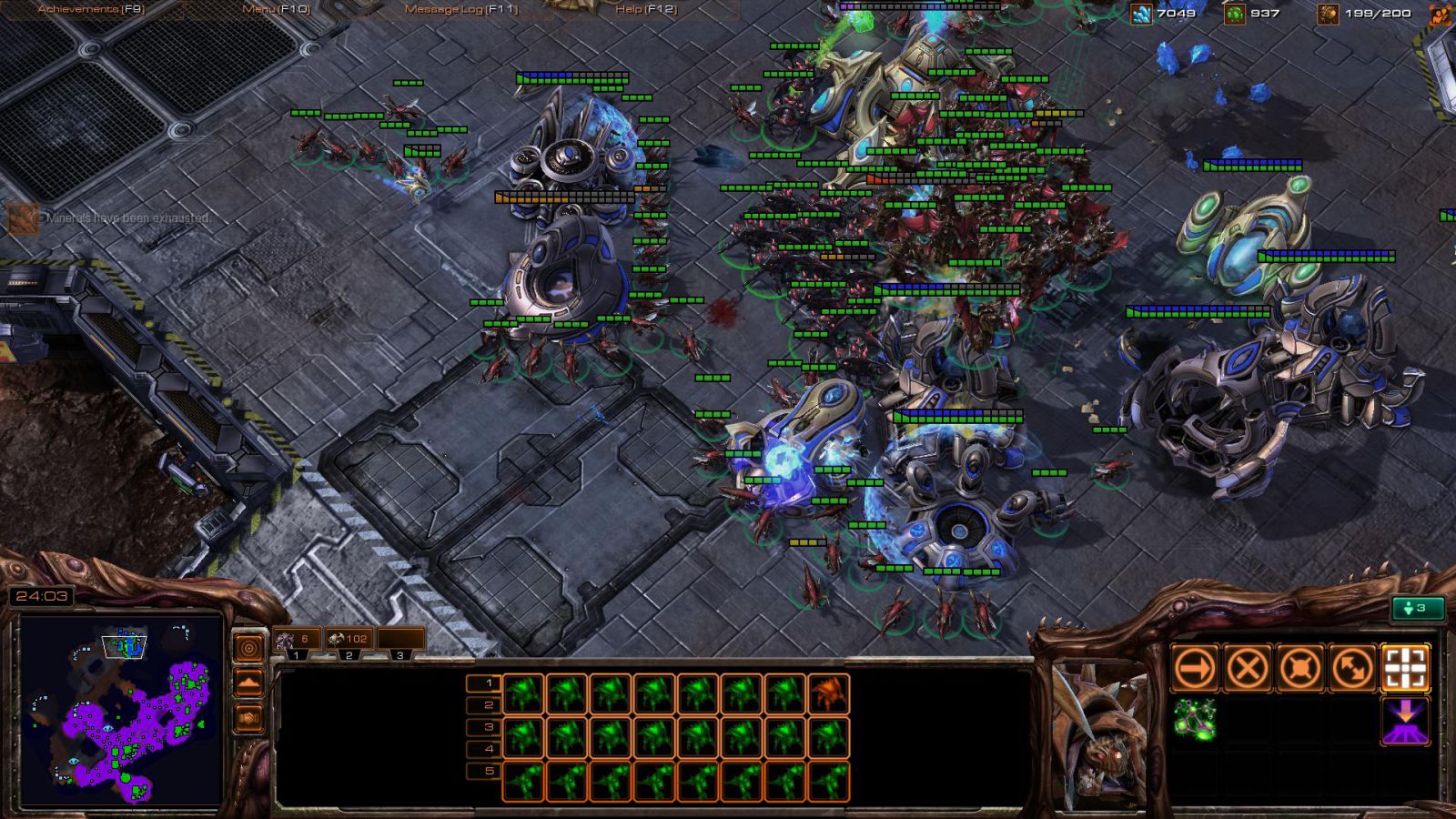Meaning and Community in Starcraft, and Contemporary Missions
One of the things that constantly amazes me is how human beings find depth of meaning just about anywhere and everwhere in culture. This is something that I don't think many people (Christian or not) spend much time thinking about. (Well, people like Chuck Klosterman do, but he's unusual.) This is particularly the case for computer games. Many typically dismiss gaming as time wasted, but the truth is that it is for many a deeply meaningful and moving experience.
Yesterday, I spent nearly two hours watching an old vlog by hardcore nerd-gamer Sean "Day[9]" Plott. He's a prominent personality in the Starcraft community, best known for his series of tutorial videos known as the Day[9] Daily and for his game commentary during Starcraft II tournements. (Actually, he's best known for his series of videos where he played the horror game "Amnesia" and screamed like a little girl and swore like a sailor throughout. He is hilarious, if the language doesn't offend you). Anyway, I spent two hours watching him just reflect on "My Life in Starcraft." You can find it here: https://www.youtube.com/watch?v=NJztfsXKcPQ. He is an eminently entertaining speaker, and I could just listen to him for hours. You probably won't understand a lot of what he's talking about when he's talking game strategy (I know I didn't). But that's not the reason I tuned in. It was his heart.

Before I go on, there are probably some of you out there who haven't a clue as to what Starcraft II is. It's the latest iteration of Blizzard's wildly successful real-time strategy game. And when I say "wildly successful," I MEAN it. There are whole leagues and teams that have developed, especially in Korea, the warm, beating heart of the Starcraft universe. There are players who have turned pro, the best earning well into six figures (dollar-wise) in prize money. There are corporate sponsors, and even people who make a living casting the games, like Day[9] and his brother Nick Plott, known in the community as "Tasteless." I do not play this game. I would get owned at every turn. To be really good at this game, you must multi-task like a genius-beast, memorize complex strategies and timings, and have the dexterity of a concert pianist (we are talking 200+ actions per minute on a keyboard for pro players). It is insane. I don't play. My 21 year old son does. He's not great, but he plays. And he and I enjoy watching great games together. I think I understand just enough of the game to enjoy a little of its complexity. The Starcraft community doesn't even call it a game. It's an "e-sport."

So, back to Sean Plott. The video is basically him describing how he got into the game, detailed accounts of games he played at tournements, how he improved, attitudes and assumptions he needed to overcome to become brilliant, and so on. But the themes that kept emerging again and again were: (1) how very deeply meaningful it was to participate in this game, to master something that is difficult, to become really GOOD at something, and (2) the importance of a supportive community, particularly family. Several times during his narrative, Day[9] becomes overwhelmed with emotion, tearing up when recalling how his brother encouraged him in the middle of an intense competition, or how his mother was there to comfort him when he lost, or how other players extended grace to him. And you begin to understand how this man could truly live for this game, and why he has become an evangelist for Starcraft. The mixture of a complex entity there to master and the web of relationships is so enticing. Who would need anything else?
I don't want to come down hard on Sean and condemn him for enjoying a game. He seems like a really decent guy, and has a really tender heart. But if Christianity is true, then his is also a heart that has been captured by a latter-day idol, one filled with meaning, grace, relational depth, accomplishment, all wrapped up into one uber-nerdy package. For someone sunk deep into such idolatry, the claims of the gospel must seem like an outrageous non-sequitur, an archaical, non-sensical non-starter. The question for Christians who care about folks like Day[9], then, is how do we communicate the good news without just preaching, condemning, and speaking past them. I think at least part of the answer is to be willing to involve yourself in the world of these guys (and the few girl nerds who are playing). It's too late for me - I'm 46 and can't multi-task to save my life. But if there are any younger nerds out there, hear my call. There are whole communities and universes of nerds deeply alienated from Christ and in need of a cultural translator incarnate. What would that look like? Someone dedicated to Starcraft because he loved Jesus. Because he loved other gamers. I think it would look awesome. I think the church ought to be looking for such people, praying for such people. I think college ministries should start thinking in these terms. Anyone up for starting a chapter of "Nerds for Christ"?
This is a big reason I'm into popular culture - it is where people find and make meaning and community. And confessional's like Day[9]'s give us a glimpse into the shape of contemporary idols, and the contemporary mission field.
Recent comments
7 years 48 weeks ago
9 years 7 weeks ago
9 years 25 weeks ago
9 years 25 weeks ago
9 years 28 weeks ago
9 years 36 weeks ago
9 years 38 weeks ago
10 years 12 weeks ago
10 years 26 weeks ago
11 years 3 weeks ago